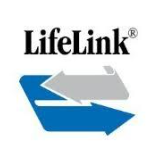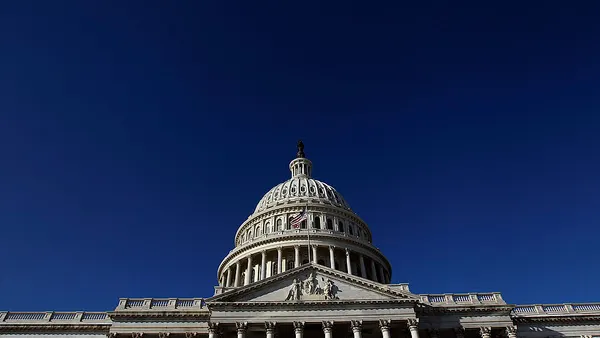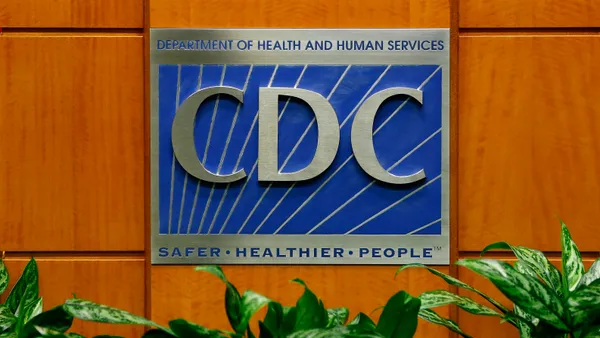Dive Brief:
- A new Medicare audit of UNC Hospitals has concluded that UNC overcharged the payer by $2.5 million. UNC is vigorously appealing the audit's findings, according to the published HHS audit.
- The audit captured data from January 2011 and September of 2012, revealing what Medicare claimed was $451,995 in overpayments out of $3.5 million in billings. Auditors extrapolated that over the course of the 21-month period being audited, the overpayment amount totaled $2.5 million.
- UNC officials responded by admitting to just three billing errors from the audit period. Officials contend that the extrapolation methods used by Medicare auditors were unfair because they draw sweeping conclusions based on a tiny sample of claims.
Dive Insight:
"With regard to the calculations used to extrapolate the overpayment demand, UNC Hospitals requests that no extrapolation be performed since the calculation relies on widely variable parameters to predict an amount," wrote Margaret Dardness, Senior Advisor to the Chief Executive Officer, University of North Carolina Health Care System Interim Chief Audit & Compliance Officer for UNCHCS, in her response to the OIG. "In the event OIG determines an extrapolation is required, we respectfully request that the final report recommend that any calculation be modified to compensate the Provider for medically necessary care as contemplated in CMS Ruling 1599-R as well as for all outpatient services received as explained above."
Her point, which is compelling, is that it's disingenuous for the OIG to use simple, antiquated methods of extrapolation to determine an overpayment amount when treatment and coding has become an incredibly complex matrix. It's tantamount to your cell phone provider billing you $5 extra each month because in two months of 2014, you went over your allotted plan minutes a few times. Bottom line, Dardness is saying, that when the OIG asks a hospital for $2.5 million in refunds, it should use accounting techniques that are at least as precise as the billing and coding process they are auditing.













